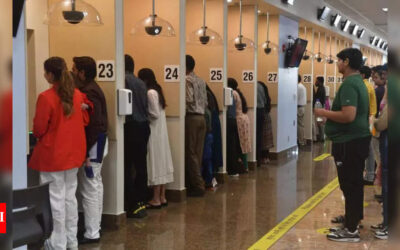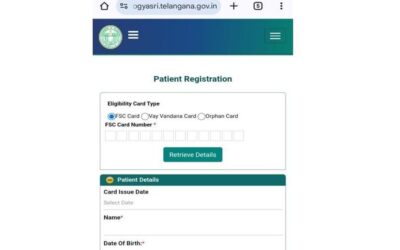Violent crime
On December 30, 2024, the government of Trinidad and Tobago declared a state of public emergency until new notice, due to greater criminal activity. Wait a greater police and military presence and minor interruptions, such as obstacles. Be alert to changes in the situation, monitor the media and follow the advice of local authorities.
Violent crime is common, even against travelers and expatriates. Incidents include:
Crime related to gangs and drugs is also common. Hot points for violent crime include:
- Center of the port of Spain, especially at night
- The docks
- CARANage, be it lots, Belmont, Laventille, Morvant and Beetham
- Barataria to the east, cocorita to the west and everything else
- Within Queens Park Savannah
The attacks, even with firearms, have also occurred in:
- Popular tourist sites, including the English and King Peter’s Bays, Fort George, the Brea Pitch Lake and Waterfalls
- beaches, including maracas, the beaches of the caves and grafton
- External hotels
- bars and nightclubs
- supermarket parking lots
- shopping centers
- Banks
To protect yourself from crime:
- Always be alert to your surroundings
- Avoid jogging/walking alone in any area, especially at night, and avoid using headphones
- Avoid deserted beaches and isolated areas after dusk
- Stay in a safe place with good security
- Only use ATMs in hotels, shopping centers or other controlled areas during the day
- Keep in mind who is around you when you use ATMs
- Do not carry large amounts of cash or show signs of wealth
- Never leave personal belongings, such as money, credit cards, cell phones and other electronic products, unattended, especially on the beaches.
If you are attacked or stolen, do not resist you. The criminals are often armed, and you can be seriously injured or killed.
If you are a victim of a violent crime, especially rape, get urgent medical aid. HIV/AIDS is widespread in Trinidad and Tobago.
Road crime
You are at risk if you travel on a shared or maxixi route. They collect additional passengers, putting their safety at risk. Private taxis and taxis affiliated with the main hotels are safer options.
Thefts, assaults and car thefts aimed at travelers are common. Always drive with closed windows and blocked doors. If you have problems for the car, try to get to a safe place before getting help.
Hot points include:
- Lady Young Road
- Beetham Highway and Churchill-Rosevelt road
The gangs have followed the cars that leave the Piarco International Airport in Trinidad to steal travelers in their destination.
To reduce your risk of violent crimes:
- Organize transport from the airport in advance
- Use hotel vehicles, taxis affiliated with important hotels or private taxis
- Do not share taxis or use public transport
- Avoid traveling alone, especially at night
Petty crime
The petty crime, which includes the sand, the porterist and the theft of cars, is common. Take care at all times.
Thefts and robberies increase in the period prior to Christmas. This trend continues until the end of the Carnival, in February or March.
To avoid the theft of your vehicle:
- Block doors and close windows, even when it moves
- Keep values out of view
- Park in safe parking lots
Kidnapping
The kidnapping can occur anywhere, at any time, even in destinations that generally have a lower risk.
The long -standing policy of the Australian government is that it does not make payments or concessions to the kidnappers.
More information:
Scams and fraud
The financial scams are common in Trinidad and Tobago.
Cybernetics
It may be at risk of cyber threats during trips abroad to any country. Digital identity theft is a growing concern. Your personal devices and data can be compromised, especially if you are connecting to Wi-Fi, using or connecting shared or public computers, OA Bluetooth.
Social networks can also be risky in destinations where there are social or political tensions, or laws that may seem irrazonable for Australian standards. Travelers have been arrested for things they have said on social networks. Do not comment on local or political events in your social networks.
More information:









